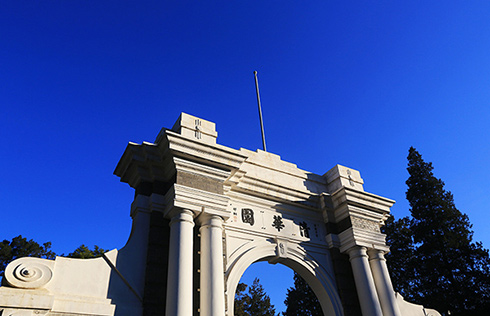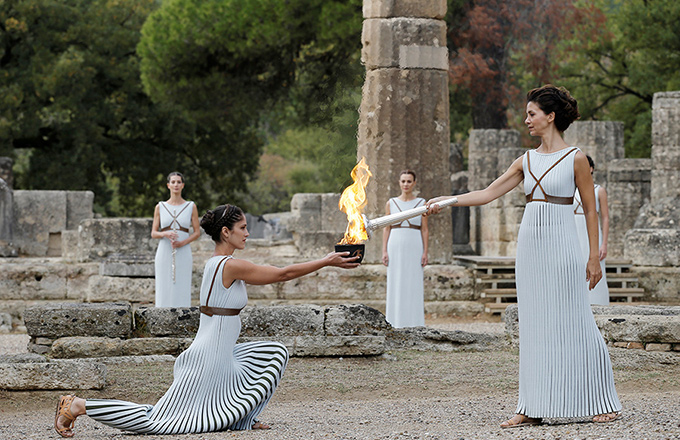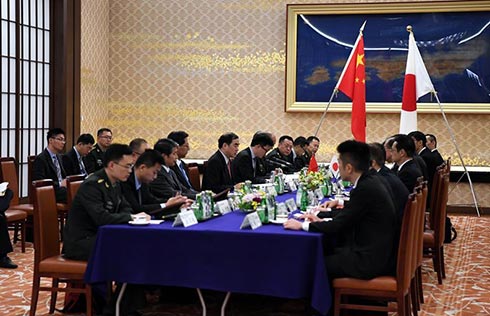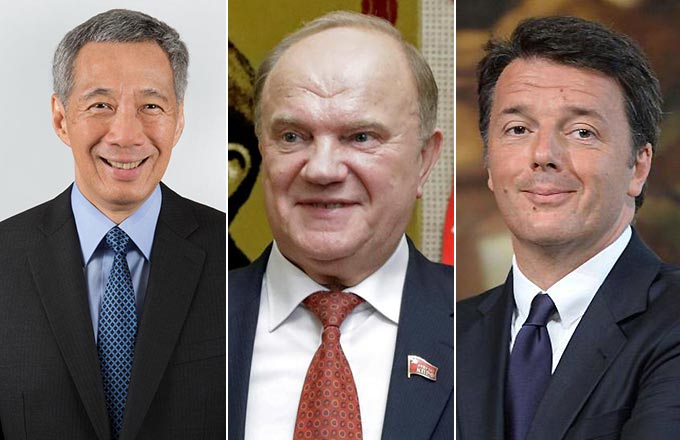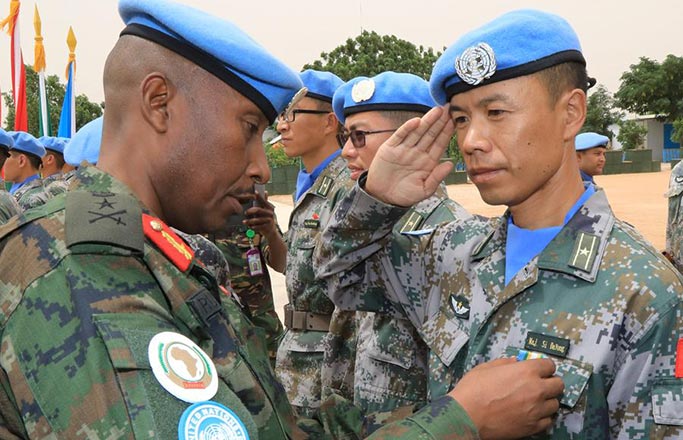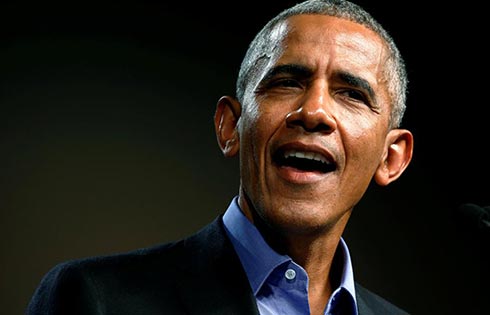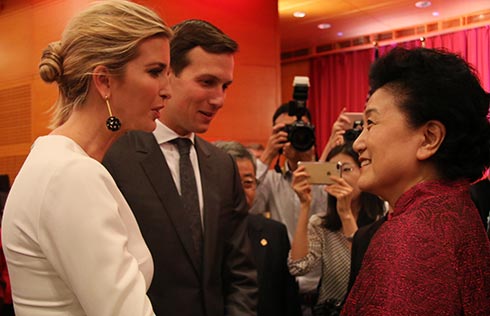Mursi defies army as it plots future without him
FIGHTING
The Brotherhood's political wing called for mass counter- demonstrations to "defend constitutional legitimacy and express their refusal of any coup", raising fears of violence. But the biggest pro-Mursi rally in the a Cairo suburb appeared to attract around 100,000 supporters, Reuters journalists said.
The Brotherhood long avoided direct confrontation with the security forces despite suffering oppression under Mubarak.
The United States, which has previously defended Mursi's legitimacy as a democratically elected leader, stepped up pressure on him to heed the mass protests but stopped short of saying he should step down.
President Barack Obama told Mursi in a phone call late on Monday that the political crisis could only be solved by talks with his opponents, the White House said. Secretary of State John Kerry hammered home the message in a call to his outgoing Egyptian colleague on Tuesday.
That prompted Mursi to say in a tweet that he would not be "dictated to internally or internationally".
At least six ministers who are not Brotherhood members have tendered their resignations since Sunday, including Foreign Minister Mohamed Kamel Amr. The president's two spokesmen and the cabinet spokesman also quit on Tuesday and nearly 150 Egyptian diplomats signed a petition urging Mursi to go.
Senior Brotherhood politician Mohamed El-Beltagy denounced what he called a creeping coup. He said he expected the High Committee for Elections to meet within hours to consider annulling the 2012 presidential election.
The United States has long funded the Egyptian army as a key component in the security of Washington's ally Israel.
General Martin Dempsey, chairman of the US Joint Chiefs of Staff, spoke to his Egyptian counterpart on Monday. It is unclear how far the military has informed, or coordinated with, its US sponsors but an Egyptian official said a coup could not succeed without US approval.
A senior European diplomat said that if the army were to remove the elected president, the international community would have no alternative but to condemn it.
Yasser El-Shimy, Egypt analyst at the International Crisis Group, said the army ultimatum had hardened positions, making it very difficult to find a constitutional way out of the crisis.
"Things could deteriorate very rapidly from there, either through confrontations on the street, or international sanctions," he said.
"Mursi is calling their bluff, saying to them, 'if you are going to do this, you will have to do it over my dead body'."
For many Egyptians, fixing the economy is key. Unrest since Mubarak fell has decimated tourism and investment and state finances are in poor shape, drained by extensive subsidies for food and fuel and struggling to provide regular supplies.
The Cairo bourse, reopening after a holiday, shot up nearly 5 percent after the army's move.




